The spiritual meaning of the skull is a topic that has intrigued and fascinated people for centuries. This iconic symbol holds deep significance in various cultures and spiritual beliefs. The skull represents mortality, transformation, and the impermanence of life.
Symbolism of the Skull
One of the most significant spiritual meanings associated with the skull is its representation of death. In many cultures, the skull is seen as a reminder of our own mortality. It serves as a constant reminder to live life fully and make the most of our time here on Earth. The skull also symbolizes the cycle of life and death, highlighting the importance of embracing change and transformation.
Furthermore, the skull is often associated with wisdom and knowledge. In ancient civilizations like the Aztecs, skulls were believed to contain the essence of ancestral wisdom. They were used in rituals and ceremonies to communicate with the spirits of the deceased and seek guidance.
Additionally, the skull represents protection and bravery. In Tibetan Buddhism, the skull is a powerful symbol used in ritual objects like kapalas, which are often made from human skulls. These kapalas are seen as protective vessels that ward off negative energies and bring clarity to the mind.
Lastly, the skull embodies the concept of rebirth and regeneration. In some spiritual traditions, the skull symbolizes the shedding of old beliefs and habits, allowing for new beginnings and personal growth. It encourages individuals to embrace change and let go of attachments that no longer serve them.
The Spiritual Meaning of Skulls in Different Cultures
In Native American cultures, the skull is often associated with ancestors and the cycle of life. It signifies respect for those who have passed on and serves as a reminder of their wisdom and guidance. Native Americans believe that the skull holds the memories and experiences of past generations.
In Celtic mythology, skulls are symbolically portrayed in artworks and artifacts as a representation of the afterlife. They are often depicted alongside other symbols of death and rebirth, such as skeletons and the Tree of Life.
The Day of the Dead, observed in Mexico and other Latin American countries, is a celebration that honors deceased loved ones. During this time, decorative skulls, known as sugar skulls, are used to symbolize the continuation of life beyond death. The Day of the Dead festivities serve as a reminder to embrace the cycle of life and honor those who have passed.
Incorporating the Spiritual Meaning of Skulls into Daily Life
If you resonate with the spiritual meaning of skulls, there are several ways you can incorporate their symbolism into your daily life. You may choose to wear skull-inspired jewelry or clothing as a reminder to live life to the fullest and embrace transformation. Displaying skull artwork or figurines in your home can serve as a visual reminder of the impermanence of life and the importance of personal growth.
Remember, the spiritual meaning of the skull ultimately encourages us to embrace change, honor our ancestors, and cherish the present moment. By embracing the symbolism behind the skull, we can find wisdom, protection, and inspiration on our spiritual journey.
Unveiling the Spiritual Symbolism of Skull: Insights into Its Deeper Meaning
Unveiling the Spiritual Symbolism of Skull: Insights into Its Deeper Meaning
The skull is a potent symbol that holds significant spiritual meaning in various cultures and belief systems. Beyond its association with death and mortality, the skull carries deeper symbolism that unveils profound insights into the human experience and the nature of existence.
In many spiritual traditions, the skull is viewed as a symbol of transcendence and transformation. It represents the impermanence of life and serves as a reminder to live fully and authentically in the present moment. The skull is often seen as a powerful catalyst for self-reflection and a call to embrace spiritual growth and enlightenment.
Moreover, the skull symbolizes the eternal cycle of creation and destruction. Just as life emerges from death, new beginnings arise from endings, and transformation is an inherent part of the journey. This symbolism encourages individuals to embrace change, let go of attachments, and embrace the constant cycles of growth and evolution.
The skull also signifies the unity of all humankind. Beneath the surface differences that separate us, we are all fundamentally connected by our shared mortality. The skull serves as a universal reminder of our common humanity, leading to a deeper sense of compassion, empathy, and understanding.
Additionally, the skull can represent a memento mori, a visual representation of one’s mortality and a call to reflect on the brevity of life. By contemplating the inevitability of death, individuals can gain a greater appreciation for the present moment and prioritize what truly matters in life. This reflection can lead to a more intentional and fulfilling existence.
In conclusion, the spiritual symbolism of the skull goes beyond mere morbid associations. It offers profound insights into universal themes such as transcendence, transformation, unity, and the brevity of life. By embracing the deeper meaning of the skull, individuals can embark on a journey of spiritual growth, self-reflection, and a greater appreciation for the beauty and impermanence of existence.





